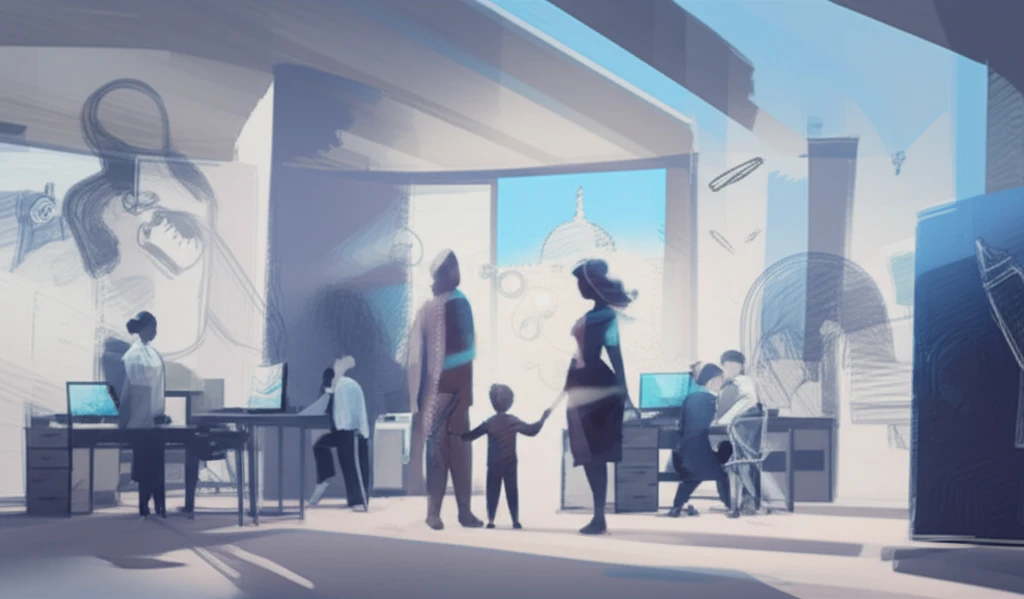
Unmasking Gender Dynamics: How Workplace Culture Shapes Family Life
"Explore the hidden ways societal pressures at work influence gender roles, family dynamics, and personal well-being."
Gender isn't just a matter of biology; it's a social construct that profoundly shapes our lives, particularly in the workplace. This impacts not only individuals but also their families, creating a complex interplay of societal expectations and personal realities.
This article delves into the intricate relationship between workplace dynamics and gender roles within the family, drawing on research in psychodynamics of work and psychoanalysis. It examines how collective defense strategies in the workplace, often influenced by traditional notions of masculinity and femininity, contribute to the perpetuation of gender stereotypes and inequalities.
We'll explore how these dynamics impact individual identity, well-being, and the overall pursuit of a more equitable society. Understanding these connections is the first step towards creating workplaces and families that support genuine equality and personal fulfillment.
Decoding Collective Defense Strategies and Gender

In many workplaces, individuals develop collective defense strategies to cope with the pressures and challenges they face. These strategies, while intended to protect individuals, can inadvertently reinforce traditional gender roles. For example, a workplace culture that values aggressive competition may inadvertently favor men, while one that emphasizes nurturing and caregiving may favor women.
- Masculine Strategies: Often involve denying vulnerability, emphasizing strength and courage, and prioritizing work over personal needs.
- Feminine Strategies: May include prioritizing the needs of others, downplaying personal achievements, and conforming to expectations of being supportive and accommodating.
Breaking the Cycle: Towards a More Equitable Future
The good news is that we can disrupt these cycles. By recognizing the influence of workplace dynamics on family life and individual identity, we can begin to challenge traditional gender roles and create more equitable environments.
This requires a conscious effort to promote diversity and inclusion in the workplace, challenge gender stereotypes, and value contributions from all individuals, regardless of their gender. It also requires a shift in how we approach domestic responsibilities, ensuring a more equitable distribution of labor and care.
Ultimately, creating a more equitable future requires a collective effort. By working together, we can build workplaces and families that support the well-being and fulfillment of all individuals, regardless of their gender.
